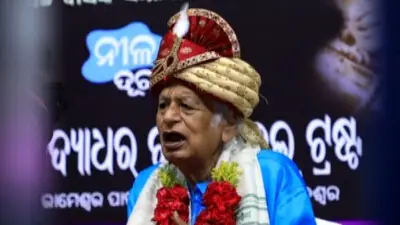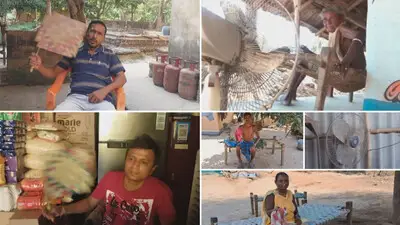Recommended Stories
In a letter to Finance Minister Pranab Mukherjee, heading the joint drafting committee, he also demanded that after May 30, the meetings of the drafting committee should take place at least thrice a week if not on a daily basis.
"The deadline for drafting Jan Lokpal Bill is June 30.
The progress so far has been slow. I, as co-chairperson, am worried whether we will be able to meet our deadline," he said in the letter.
Pointing out that the May seven meeting had discussed seven points of basic principles of Jan Lokpal Bill, he said Home Minister P Chidambaram had informed which of the seven points were straightaway acceptable to the government.
"Discussions started on those points where there was some divergence. I suggest that in the next meeting to be held on May 23, let the government first present its views on all the balance points in basic principles," he said.
Bhushan said the government should present its "concerns" and "possible solutions" on each of the points on which it differ.
He also noted that the government should communicate whether it wish to add any point to the basic principles presented by the civil society. "Once these are presented, we can go ahead with discussions on issues of divergence," he said.
He also reiterated the demand for video recording of the committee meetings. "In the meeting held on May two, you (Mukherjee) had said that you would consult your colleagues and let us know your decision.
"I would again argue that the proceedings should be video-recorded and released to the public after the law has been finally drafted," he said.
The representatives of the government and civil society had agreed on basic principles of the proposed law on anti-corruption ombudsman like transparency in selection process and autonomy but inclusion of Prime Minister and judiciary in the the ambit of the Lokpal was a sticking point.
There was agreement on various issues like transparency in the process of appointment of the Lokpal, the autonomy of the ombudsman and financial independence for such an office in the meeting.
However, government made it clear to civil society that more discussions were needed on having state-level Lokpals as consultations need to be held with state governments on the issue.












